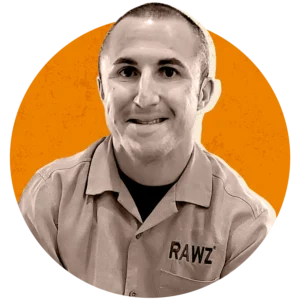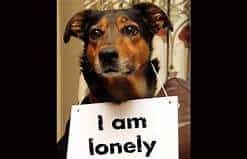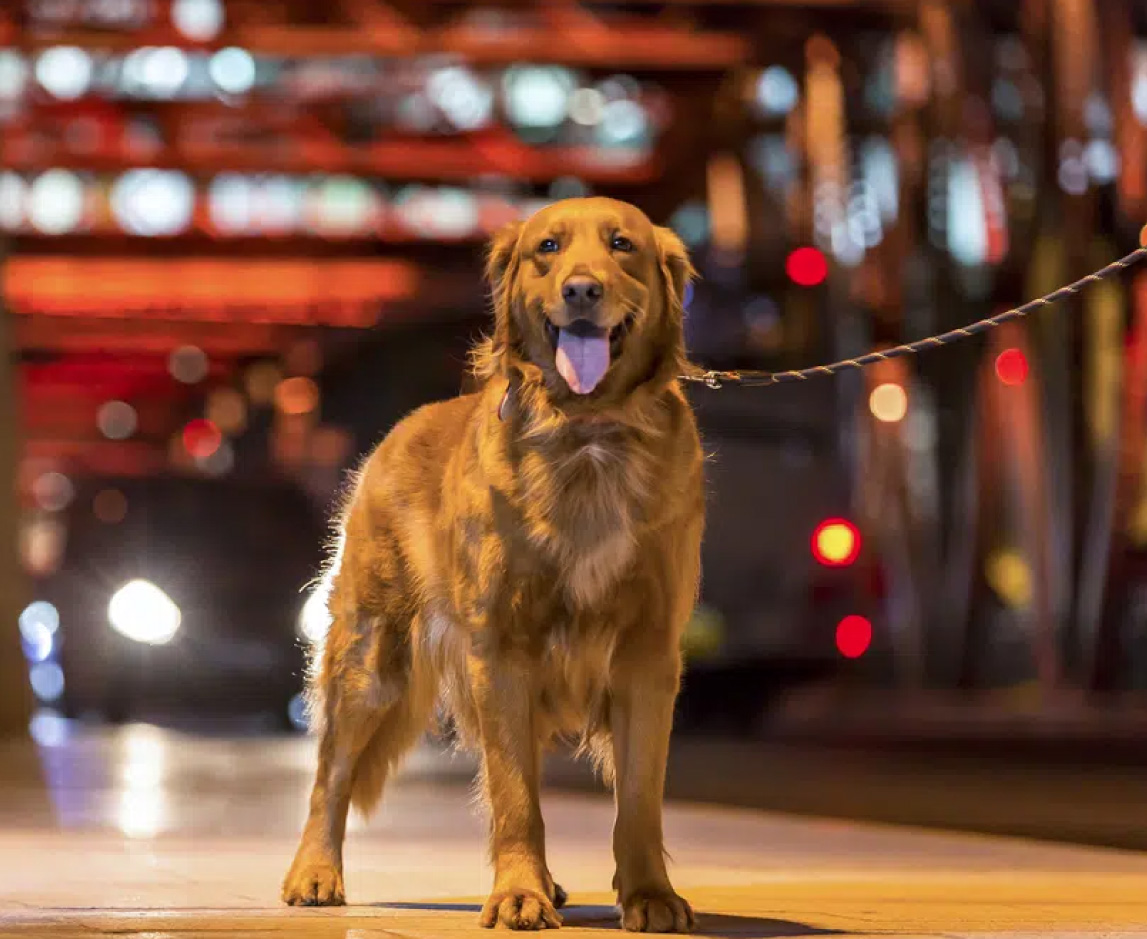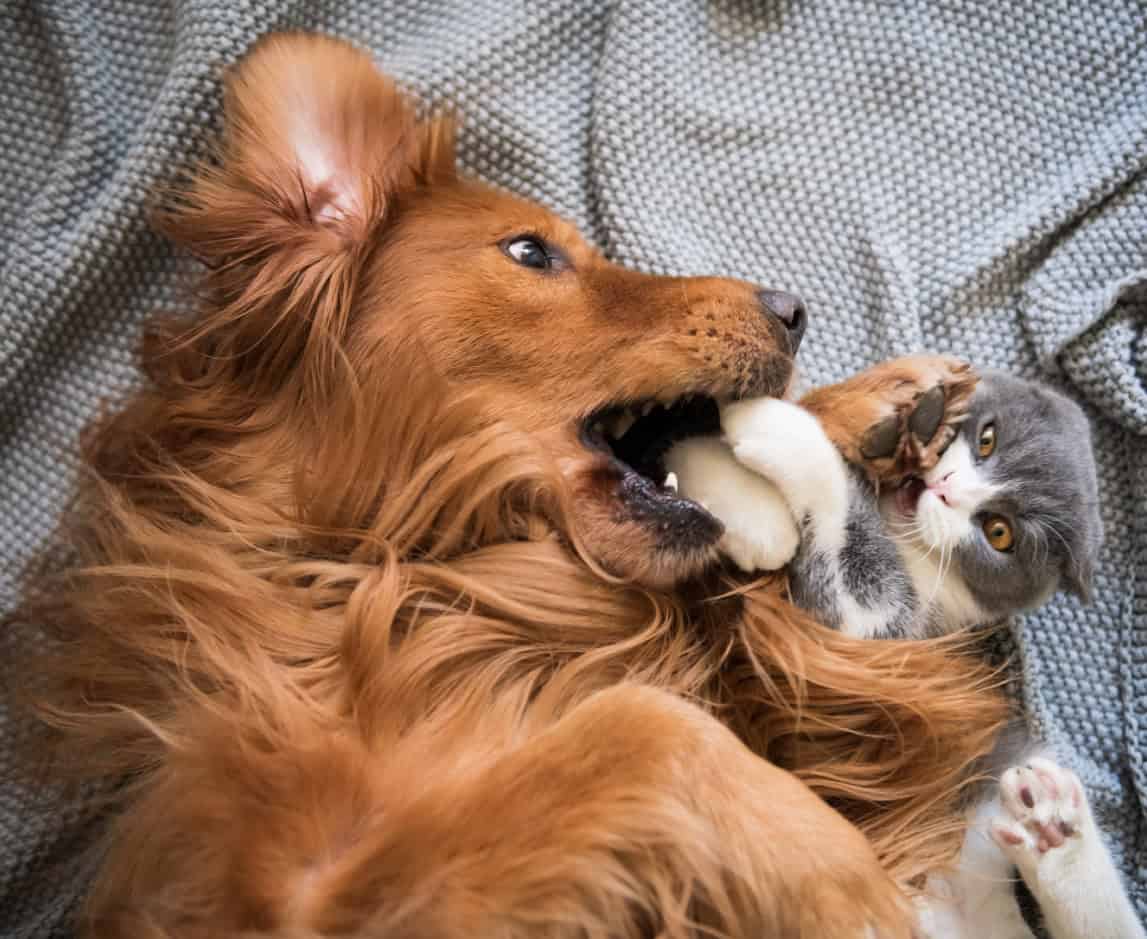While the recent lockdown or stay at home order has not been easy for many people, if they had to find a silver lining, many pet owners would point to spending more time with their pet(s)! For workers who've either been furloughed or have worked from home, with dogs, the situation has certainly meant more time at home. Although the transition back to life as it used to look will certainly not be easy, one thing to be aware of is the effect a return to busier lives will have on our pets . Obviously, both dogs and cats will experience this change in routine, but due to different levels of independence inherent to each animal, dogs will most likely have more difficulty with the change.
Whether it is the simple fact that cats can autonomously go to the bathroom or that a large number of felines free feed, their independence is widely recognized. It probably could have been written, without any research, by many cat roommates out there, but an extensive study of pet psychology in 2015 by the University of Lincoln (UK) reported that; "Research shows that adult cats appear to be more autonomous (than dogs)– even in their social relationships – and not necessarily dependent on others to provide a sense of protection. "I can almost see cat parents nodding in agreement at the screen as I type!
This fact about the nature of pet psychology and attachment raises a concern, just as puppies often experience separation anxiety adjusting to an owners absence, so too might adult dogs. With this in mind, this blog will focus on calming the separation anxiety that may occur in dogs as their humans return to a life requiring more time away from home. The following suggestions will probably remind pet parent's of suggestions for comforting the anxiety of puppies when adjusting to being left alone...
Set Up a Safe Space
A place of familiarity brings comfort; this can be as simple as a dog pillow/bed, blanket, or the crate which the dog was trained in. Although it may seem counterintuitive that being confined would be a good thing, dogs suddenly finding themselves alone in a large space can be unnerved. A sense of familiarity/safety can be brought by a physical space, physical object like a toy or blanket, or even something with the owner’s scent on it. Often dogs will be drawn to such a space on their own, but placing familiar objects in a smaller area in which the dog spends time home alone is often effective at easing the transition.
Maintain Routine
Like many of us two-legged folk can probably identify with, sudden changes in routine can be disturbing. Although we may not view the status-quo as joyful or optimal, anything new can be challenging. Although, the amount of time you spend at home with your dog will undoubtedly change, by keeping the other variables close to the same can ease that transition. In practicality, this looks like maintaining the feeding and bathroom schedule over the unusual period to one resembling a typical day even while spending more time at home.
Practice
It's often said that dog's don't have a sense of time or a very limited one, this is not necessarily true. Although dogs have very poor short term recall, often thought to be under 30 seconds, the circadian rhythm created by the sun's cycle is strong in them. Thus dogs have awareness of days passing, but not clock time. The main source of distress or anxiety for dogs when transitioning to a new routine is the disruption in routine and the resultant separation anxiety. As pack animals prior to domestication, dogs generally obtain security through their primary relationship(s) creating a "pack" like security. A way you can capitalize on the weak short term memory/low sense of time passing to reduce the onset of separation anxiety is through a little practice exercise that I used with Clooney as a pup.
If I had time home on a given day, I would leave out the door and stand in the hall for a few minutes, at first Clooney would immediately begin barking. After the short time period I would re-enter my apartment. It seems silly, and I may have looked odd to the neighbors, but this was a great way to reinforce to Clooney that after leaving, I'd be back! Another key, although it can be tough, is to make leaving as inconspicuous as possible. As tempting as it can be to say a heartfelt goodbye, you don't want to add drama to a departure, making it seem like a big deal.
Thank you for loving pets and your interest in RAWZ!





